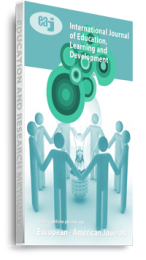This study investigates the impact of academic camps on the academic performance of ordinary-level secondary school students by comparing the outcomes of those who attended such camps with those who did not. The objective was to assess whether participation in academic camps contributes to measurable improvements in academic achievement. A mixed-methods approach was employed, combining quantitative analysis of academic performance data with qualitative insights gathered from students, teachers, and administrators. The study involved collecting pre- and post-camp academic records, as well as conducting focus group discussions and interviews to understand the perceived benefits and challenges of academic camps. The results revealed a statistically significant improvement in the academic performance of students who participated in academic camps, particularly in core subjects such as mathematics and science. The findings also highlighted key factors contributing to this improvement, including the camp’s curriculum design, interactive teaching methodologies, and the integration of extracurricular activities that reinforced academic concepts. In contrast, students who did not attend the camps showed comparatively lower progress in their academic performance. The study concludes that academic camps serve as an effective supplementary educational tool that enhances student learning and engagement. It recommends the broader implementation of such camps within the education system, with a focus on optimizing curriculum content and extending the duration of camps to maximize their impact on student outcomes. This research provides valuable insights for educators, policymakers, and stakeholders interested in enhancing student achievement through targeted interventions like academic camps.
Keywords: : Academic Performance, Curriculum Design, Teaching Methodologies, academic camps, educational interventions, extracurricular activities

